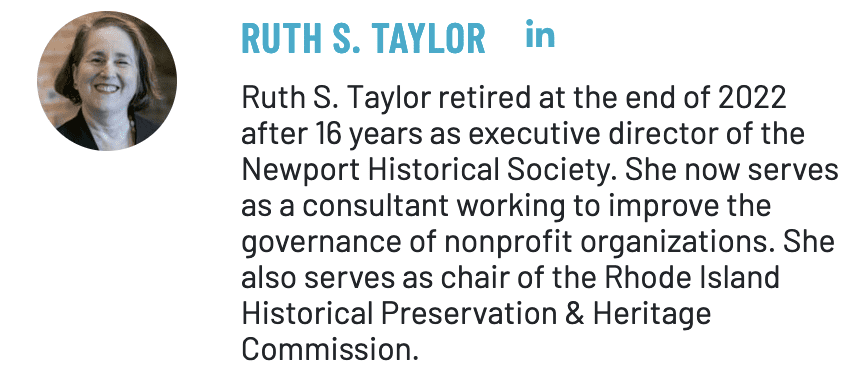Search Posts
Recent Posts
- Rhode Island Weather for June 1, 2025 – Jack Donnelly June 1, 2025
- To Do in RI: 26th Annual Rose Show of the Rhode Island Rose Society June 1, 2025
- Victory is ours: Victory gardens are blossoming again – Chuck Norris June 1, 2025
- Ask Chef Walter: The problem with “The Best” – Chef Walter Potenza June 1, 2025
- Gimme’ Shelter: Kava is waiting at the Providence Animal Control Center June 1, 2025
Categories
Subscribe!
Thanks for subscribing! Please check your email for further instructions.

How to stay in love with your country? Advice from a sex columnist – The Rhode Island Current
by Ruth S. Taylor, writer, The Rhode Island Current
Photo: Embraceable U.S.A. (Canva photo)
Reprinted from The Rhode Island Current, with permissions
Dan Savage, the sex columnist, has said that in order to remain in love for the long haul, we need to establish a shared myth.
The myth we create allows us to create an image of the very best, admirable version of our beloved to stand in front of the very flawed human they actually are. We ask our partner to do the same for us. Savage goes on to point out that in doing this, we are also encouraging each other to be our best selves when we can, or when we must.
In a remarkably similar way, we do a lot of myth making when we think about our country and our history. We find it useful, almost irresistible, to create a myth about the land we are supposed to love – using some of the very best facts, and some fictions. There can be important and valuable effects to doing this. As with Savage’s recipe for love, it is like sympathetic magic. We create a vision of our best self as a nation, and theoretically this encourages us to feel good about the country and each other. In addition, it can help us to be better than we often want to be.
But there is a downside, and there are problems. First, the myths we made in the earliest days of this country have been discredited by recent histories, and by changing norms. We have had to reckon with the fact they were built on a vision that excluded women, people of color, and, often, the facts of our government behaving terribly at home and on the world stage. Once you know what you know, it can be difficult to embrace a mythic narrative that says the opposite. It has also become very clear that this game only works when you remember, in a way, that these myths are not the simple truth. When we don’t, it can encourage us to some particular kinds of problematic behavior, and thinking. How can there possibly be institutional racism in the land of the free?
We create a vision of our best self as a nation, and theoretically this encourages us to feel good about the country and each other. In addition, it can help us to be better than we often want to be.
Secondly, we may all wish to embrace a mythic vision of America, but we are big enough, and diverse enough, that we have a lot of trouble agreeing on what that should be. If I tell you that my vision of American exceptionalism is best symbolized by the Statue of Liberty – rooted in our openness to the world, to immigration, and to difference, and you are feeling overrun by people who don’t look or think like you, you are illustrating my point.
And finally, the third problem: In an effort, perhaps, to move away from mythmaking, some have chosen, in fact, to create a new kind of mythic America. Not a vision of our best selves, but a view through very dark glasses. America is seen as a land based on genocide and enslavement and the noble ideas of our founding were mere hypocrisy, a view that focuses only on the ways in which we have failed. This perspective is built around truthful elements, but the facts are cherry-picked just as much as past visions were. And it places in front of the reality of us – the complex accumulation of cultures and ideologies, the history of triumph and hope as well as intolerance and hate – a new vision of America as our ugliest self. It may be that the expectation is that this kind of visioning will actually encourage us to be better. But, I suspect, it is not conducive to a long-term love affair.
If we all want to stick together for the long haul, I do not see how we do that without a process of reminding ourselves about our capacity to be our best selves as a country, and a recognition that when we fail, we can call that out, and yet still see the good standing in the forefront.
The U.S. Semiquincentennial, the 250th anniversary of the 1776 signing of the Declaration of Independence, is just about two years away. There is a national effort to celebrate it, and Rhode Island, along with other states, has established a commission. This big milestone for our nation seems like a good opportunity to do more than simply wave the flag.
I am not sure what happens if we do not take it.

